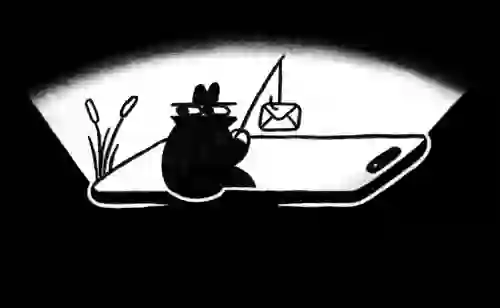Someone asks you for money to solve a problem
If you’re surprised by a request for money, contact the organization through official channels to confirm if the request is legitimate.

Even with new technology, scams follow familiar old patterns.
If you’re surprised by a request for money, contact the organization through official channels to confirm if the request is legitimate.
You get a text from a random number that just says, “Hi.” or a call from a number you don’t recognize. Don’t engage. Scammers often use this tactic to build connections with their victims and eventually defraud them.
Legitimate companies often call, text, or email to alert you to problems with your account. If the request asks for something unexpected, such as clicking on an unknown verification link, it might be a scammer trying to steal your personal information.
My granddaughter called to say she’d been in a bad accident and needed me to send her money for her hospital bill. I called her parents and they assured me she was fine.
Someone you don’t know contacts you to offer you a job or another opportunity. Be wary of any offer that urges you to make a payment in order to claim the “good news” they are offering.
When visiting a new site, verify that the URL matches the business name (scammers often try to mimic official domains) and check that the payment page starts with https.
I got a text saying there was an issue with my USPS package delivery. I called the post office and they confirmed that they never sent the text.